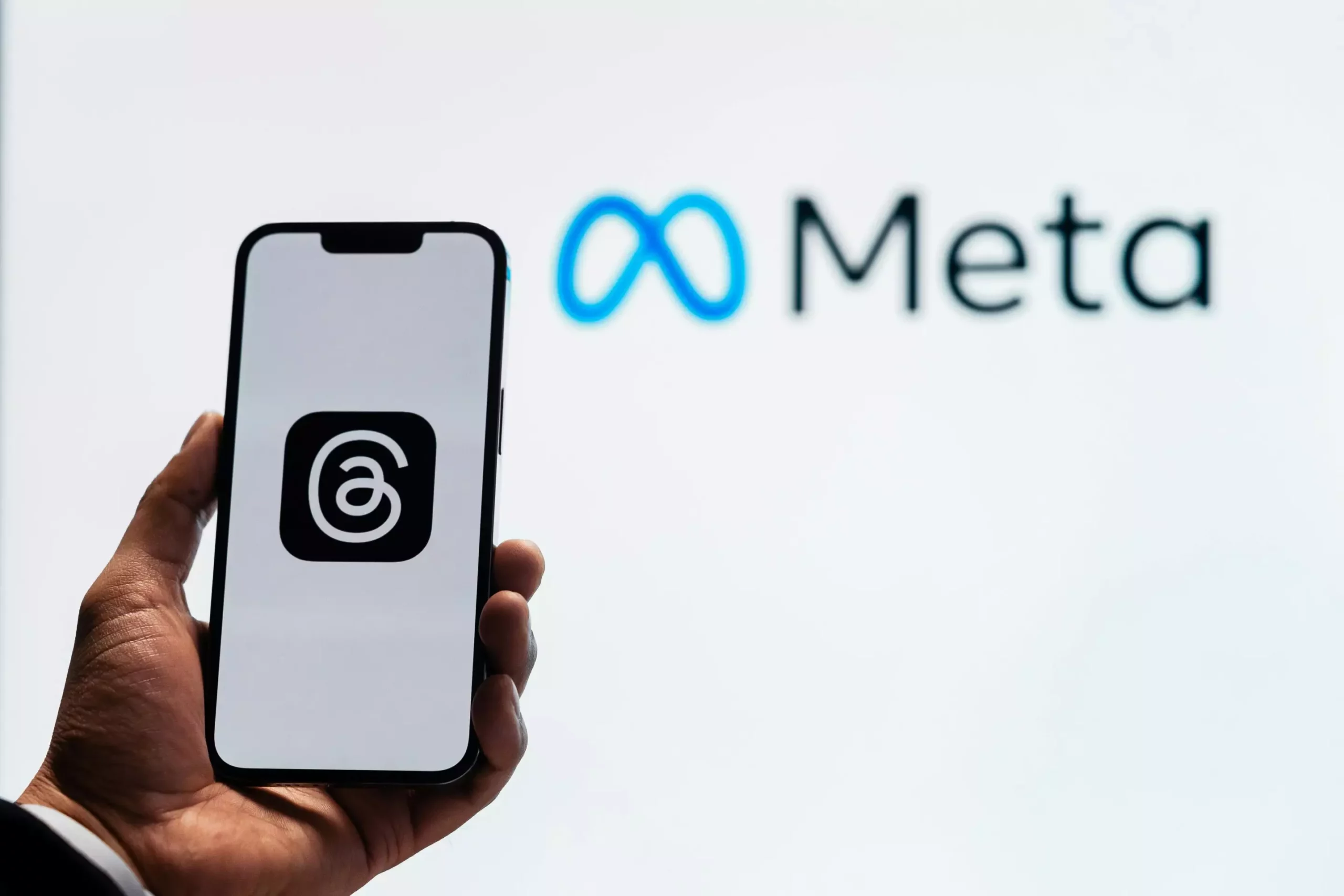In the realm of artificial intelligence (AI), the debate over open-source versus closed-source AI is gaining momentum. Companies such as Meta are pushing for the transparency and accessibility of AI models by releasing large AI models like Llama 3.1 405B to the public. This move towards open-source AI is a step in the right direction for democratizing AI technology. However, the closed-source approach taken by companies like OpenAI raises concerns about accountability, fairness, and transparency in AI development. Without access to the dataset and source code of AI models, regulators and users are left in the dark, unable to conduct audits or ensure ethical practices. This lack of transparency hinders innovation and creates a dependence on a single platform for AI needs, limiting the potential for diverse and community-driven AI development.
Open-source AI offers a unique opportunity for collaboration and innovation, allowing smaller organizations and individuals to contribute to AI development. The availability of code and datasets fosters rapid progress and enables scrutiny of AI models for biases and vulnerabilities. However, open-source AI also comes with its own set of risks and ethical concerns. Quality control is often lower in open-source products, making them more susceptible to cyberattacks and misuse by malicious actors. The accessibility of code and data also raises questions about intellectual property protection and the potential for misuse of AI technology for harmful purposes. As the AI landscape continues to evolve, finding a balance between the benefits and risks of open-source AI is crucial for ensuring responsible AI development and deployment.
To democratize AI technology and promote responsible AI usage, three key pillars must be established: governance, accessibility, and openness. Regulatory frameworks and ethical guidelines are essential for ensuring that AI technology is developed and used ethically and responsibly. Accessibility to affordable computing resources and user-friendly tools is necessary to level the playing field for developers and users, enabling broader participation in AI development. Openness, in terms of sharing datasets and algorithms, promotes transparency and collaboration, driving innovation and progress in AI technology. Achieving these three pillars requires a collective effort from government, industry, academia, and the public to advocate for ethical AI policies, stay informed about AI developments, and support open-source AI initiatives.
Despite the progress towards open-source AI, several challenges and questions remain unresolved. How can we strike a balance between protecting intellectual property and fostering innovation through open-source AI? How can ethical concerns surrounding open-source AI be addressed to prevent misuse and harm? How can open-source AI be safeguarded against potential threats and vulnerabilities? These questions highlight the complexities of AI development and the need for ongoing dialogue and collaboration to create a future where AI serves the greater good. It is up to stakeholders across all sectors to rise to the challenge and shape a future where AI is an inclusive and beneficial tool for all. The decisions we make today will determine the course of AI technology and its impact on society in the years to come.


Leave a Reply